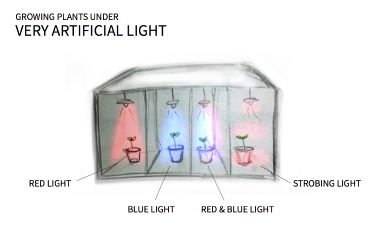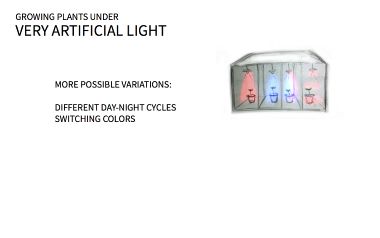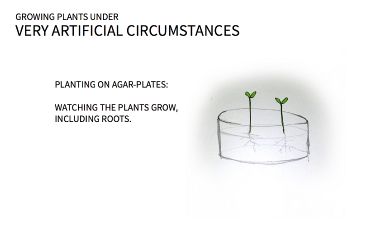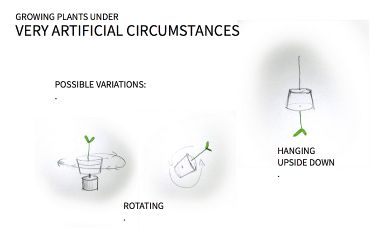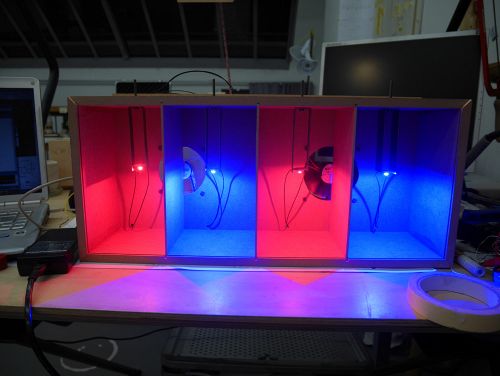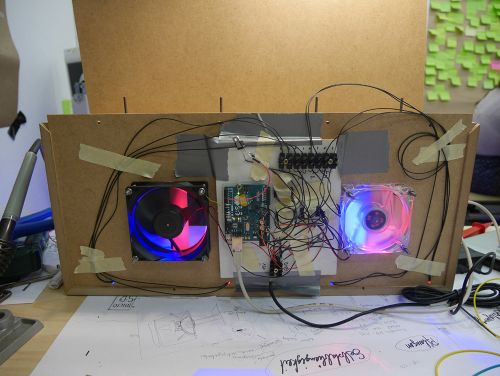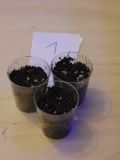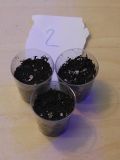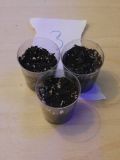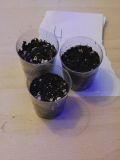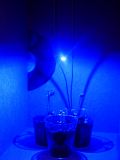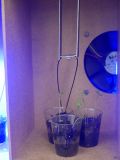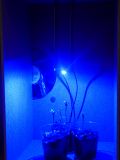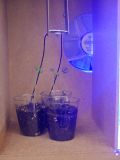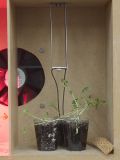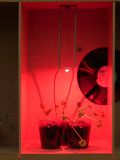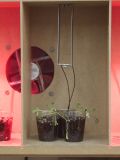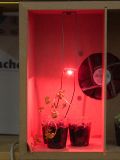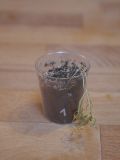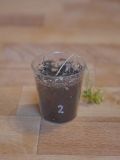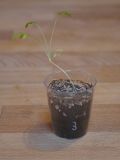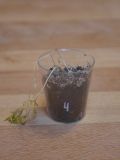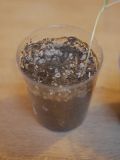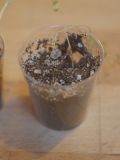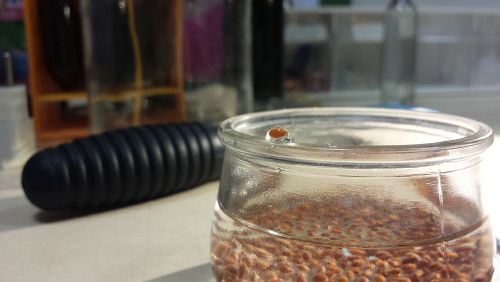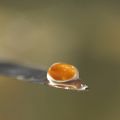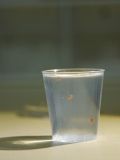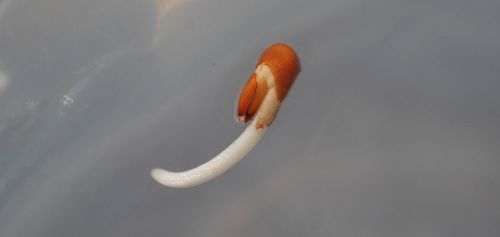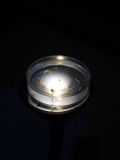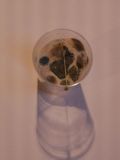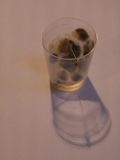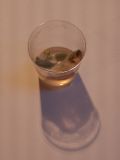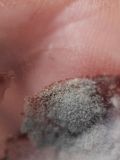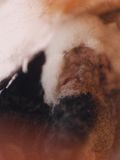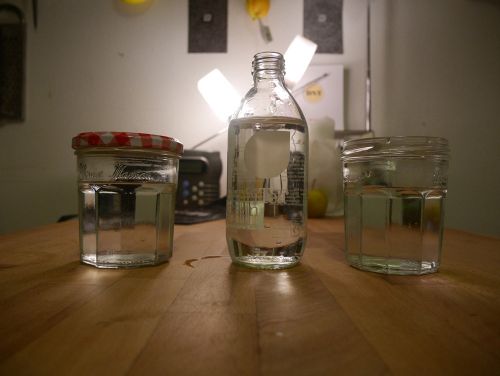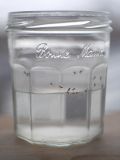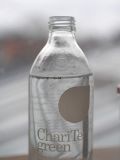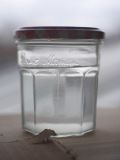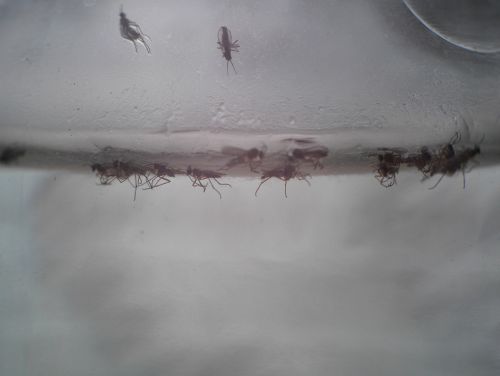| Line 1: | Line 1: | ||
<div style="max-width:800px;"> | <div style="max-width:800px;"> | ||
<div style="margin-top:50px; margin-bottom:100px;line-height:1.5em;"> | <div style="margin-top:50px; margin-bottom:100px;line-height:1.5em;"> | ||
= Introduction = | ==<span style="text-transform:uppercase; font-size: 1.3em;letter-spacing:0.3em;background:#444;color:#fff;padding:0.3em 0.5em;text-shadow:0px 0px #000;">Introduction</span>== | ||
For my introductory course in the Biolab I decided to focus on plants and especially on growing them under artificial circumstances.<br/> | For my introductory course in the Biolab I decided to focus on plants and especially on growing them under artificial circumstances.<br/> | ||
Revision as of 21:35, 6 March 2018
Introduction
For my introductory course in the Biolab I decided to focus on plants and especially on growing them under artificial circumstances.
I split my experimentations in two parts:1:Growing plants under very artificial light and 2:Growing plants under very artificial circumstances
Initial Ideas
1:GROWING PLANTS UNDER VERY ARTIFICIAL LIGHT
Set up several boxes to grow plants under artificial light. Vary color, duration or other aspects of the light and see, if it changes anything in the growing of plants.
scroll to experiment 1
2:GROWING PLANTS UNDER VERY ARTIFICIAL CIRCUMSTANCES
Grow plants in different substitues for soil, e.g. agar-agar-murishage-skoog-medium and see how they do.
scroll to experiment 2
Experiments
In the following Section you will find pictures and comments of the different stages of the two experiments conducted plus the third one, which is still ongoing. (06.03.2018)
1:Growing plants under very artificial light
Day 0
I build and set up a box, seperated in 4 sections. Each section containing one 1 Watt LED to support the inhabitants with light. The boxes have fans, so the air inside will be interchanged from time to time. To control the amount and - for the first experiment - the duration of the light and the fans i wrote a little script that is running on an arduino. This script also counts the time (and in case of a powerdrain stores this information on the eeprom).
For the first part I did not do controlled watering, i just gave them water by hand.
In the two left hand sections, the plants will have a 24h day, with 12h of light. In the other two boxes it will be 12h days with 6h light.
I set up the box in my shared-working-room, which was probably not the best idea, as people there tend to be heating a lot, which results in very dry air.
Day 2
The Plants are already sprouting. No real difference. Neither between colors of light nor between durations
Day 5
The plants are growing well. the look a bit leggy, which might be a hint, that the light is not enough. but as i forgot to plant some reference-plants i can't be sure as "gartenkresse" is quite leggy anyway
Day 15
The plants are still growing, but they definitely seem weak. i guess it might be due to the fact that they get not enough motion by the fans. probably its also due to the lack of light. This clearly shows, that i made a mistake: I forgot to set up plants that grow outside the box, therefore I had nothing to compare the growth and I can only make assumptions.
The End
Shortly before Christmas I decided to end this experiment, as i knew the university would shut down electricity during the holidays i took the plants out of there boxes and placed them under sunlight. One of them I ate and it tastetd spicey, as suspected.
When i came back from holidays i noticed something quite interesting. All plants died during the holidays because they ran out of water. Except for one. It had survived two weeks of not beeing watered, while sitting in a very tiny vessel. When i looked closely i noticed, that the most obvious difference bitween this plant and the others was that the surface of the soil was very smooth and plane. So i think this just had a better sealing effect than the other rough surfaces of the other plants.
2:Growing plants under very artificial circumstances
Day 0
As a first step i prepared thy seeds, by soaking them in warm water, which was boiled and thus sterilized before.
Then I prepared some Agar-Agar medium using the following recipe:
Day 2
Seeds started sprouting. Having placed some in my appartement i was safe to notice when sprouting started.
Day 5
Green leaves have started growing. I also noticed, that even though agar keeps moisture longer than just water, of course there was some diffusion. So agar would eventually dry out, which was something I did not think of when starting the experiment.
Day 6
The Rise of the mold.
Day 14
Mold seems to be winning
Mold won
Interestingly the pots, that i kept in my room at home grew some very interesting molds and probably some kind of algae. I took some closeup pictures.
Inside the two little petrodishes, that i had lying around with a lid on top, some kind of algaeish structure also grew and the plants inside went yellow. But still after almost 6 weeks now, the stems of the plants don't really seem to be dead.
3:Growing algae
As i ended the experiments before, i wanted to start the next kind of experiment. Wich was tot try to grow algae under artificial light. To start off, i searched the internet for some instructions or tips on growing algae. I found a tutorial, that showed the most basic way to grow algea was to just add plants fertilizer to some tap water, put it to a sunny place and then wait. As this was the most simple thing to do, i started right before leaving weimar for christmas holidays.
Day 0
For the beginning i added 5ml of fertilizer to 1L of water and then filled 3 different jars with it. I had one with the lid on top, so this was fully sealed and only algae already inside the water could grow. On the other hand i was sure, that the water inside would not evaporate totally no matter what happened while i was away. I added a second one with an opened lid and a bottle which was somehow the step inbetween the others.
3 Weeks later
Sadly i noticed that no visible algea had grown during the last 3 weeks. Either there are none in the tap water/ air or there is simply not enough sunlight during the wintermontsh to make them grow.
But interestingly enough there were lots of dead flies in solution. Of course not in the closed jar, but in all the others. I allready noticed this kind of flies beeing around for the past few weeks and i think the might be some kind of flie living in plants pots, so that could be the reason the go to the fertilized water, but i will try to find out more about those flies, during the upcoming days.
3 Weeks later: Update
The flies, seem to be some kind of mourning mosquito (Trauermücke). Thats basically a fly, that lives in the soil (inside planting pots) that might be the reason why they mass-killed themselves in a jar filled with water and fertilizer. I found some information at wikipedia[1]
Time To Speed things up
As algea from Tapwater were growing really slow, I decided to speed things up a little bit. So i got some water that should be well contaminated already from places, that are known for that. And the best place for growing algea is, as we all know: aquariums so i went to two places that everyone knows keep aquariums:
Bim Bim, the chinese Restaurant and the Aqua-Zoo Shop
Both waters already look greenish. And the guy from aqua-zoo told me that i should get some "Schmieralgen" growing, as he knows that this usually happens. A Quick research gave me the information, that "Schmieralgen" are usually Blue algea, which in fact are commonly not algea but cyanobacteria[2]. So next step will be using the microscope to see if i can find something in the water. Afterwards i will set up the artificial-light box again, to help the cyanobacterie and or algea grow better during these lowlight days
